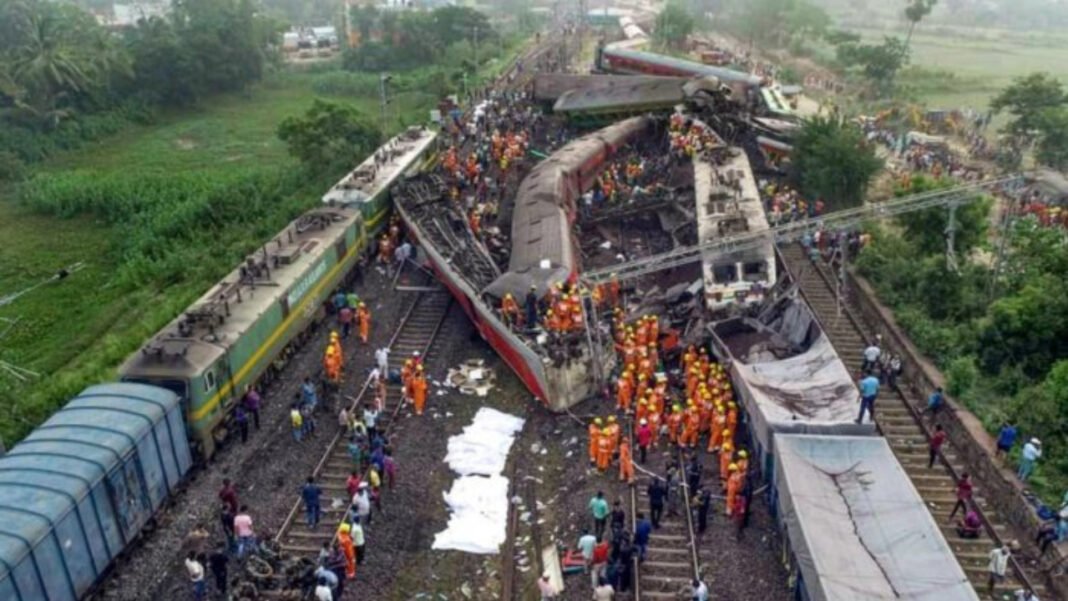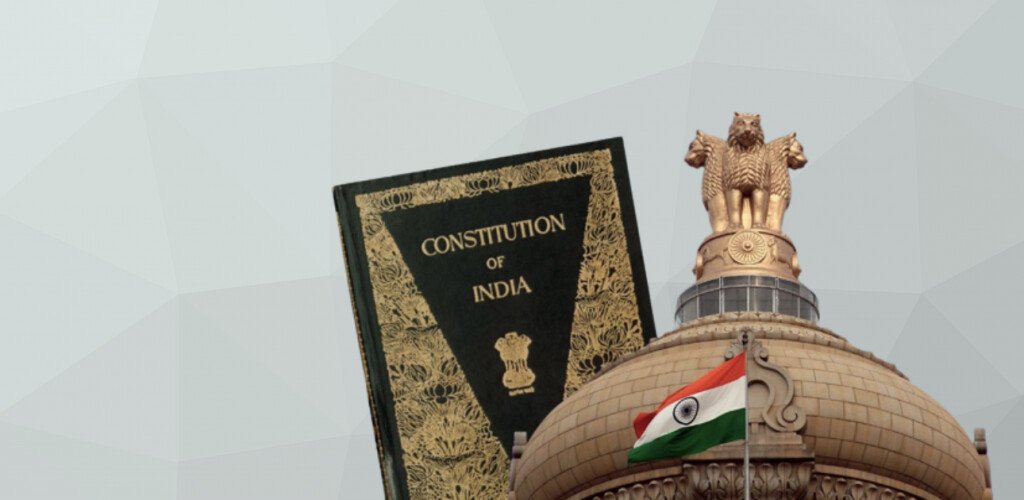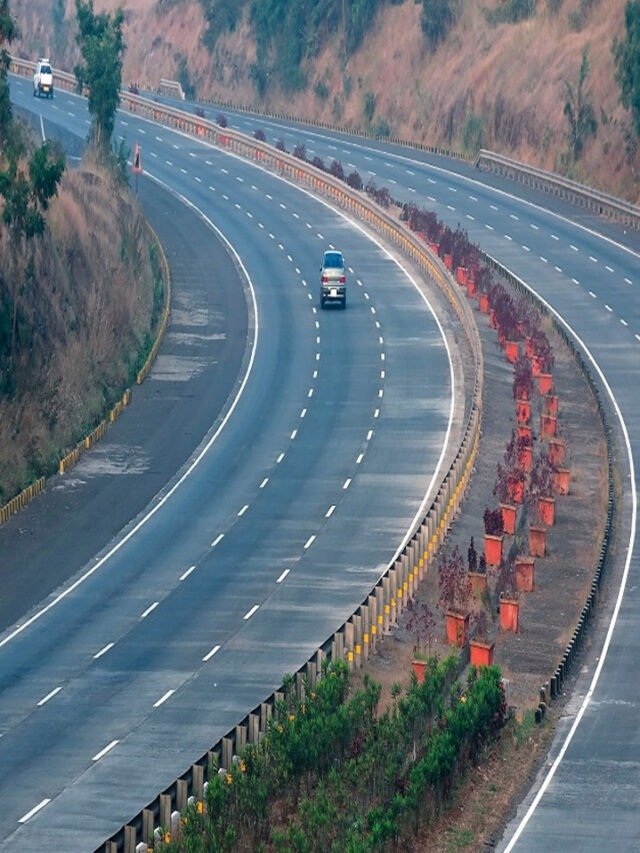By: Dipak Kurmi
The recent triple train accident in Balasore, Odisha, has brought to light the dire need for comprehensive reforms in our railway infrastructure. This tragic incident, claiming the lives of hundreds of people, serves as a stark reminder of the urgent action required to address the safety concerns that persist within our railway system. As we mourn the loss of innocent lives, it is imperative that we not only investigate the causes of this accident but also take decisive steps to prevent such disasters in the future.
The Balasore accident has exposed the vulnerabilities and shortcomings of our railway system. Several factors have contributed to such incidents, including inadequate maintenance of tracks and signalling systems, human error, overburdened infrastructure, and insufficient implementation of safety protocols. It is crucial to address these issues comprehensively and prioritize the modernization and upgradation of our railway infrastructure.
Ensuring Safety through Comprehensive Reforms. To prevent the recurrence of such accidents, a series of measures must be implemented:
Modernization and Upgradation: The government must prioritize the modernization of railway infrastructure, including regular maintenance of tracks, bridges, and signalling systems. The adoption of advanced technologies to monitor and control train operations, such as the ‘Kavach system’ for zero accidents, should be implemented nationwide.
Stringent Safety Protocols: Strict adherence to safety protocols and guidelines throughout the railway network is essential. This includes enforcing speed limits, conducting regular training of railway staff, and deploying advanced safety mechanisms like automatic braking systems and collision avoidance technologies.
Regular Safety Audits and Inspections: Conducting periodic safety audits and inspections will help identify potential hazards and rectify them promptly. This proactive approach ensures that safety standards are maintained and potential risks are mitigated.
Resource Allocation: Prioritizing the allocation of resources is critical. While funds are limited, they should be judiciously utilized to provide safety and security to passengers. Allocating resources towards the upkeep, maintenance, and modernization of existing infrastructure, rather than investing heavily in high-speed or luxury projects that serve a small population, will yield greater benefits for the majority of passengers.
The Balasore accident has left a deep impact on our nation, underscoring the urgent need for comprehensive reforms to ensure safe rail journeys. Addressing the inadequacies in our railway infrastructure, including track maintenance, signalling systems, and safety protocols, must be prioritized. The government should allocate resources prudently, considering the risk-cost analysis, to maximize safety and security for passengers. By implementing modernization initiatives, stringent safety protocols, and regular audits, we can create a robust railway system that prioritizes the lives and well-being of the people. Let us learn from this tragedy and take decisive action to prevent such accidents from happening again, so that rail journeys become a safe and reliable mode of transportation for all. (The writer is a journalist and commentator based in Guwahati, can be reached at dipaknewslive@gmail.com)












